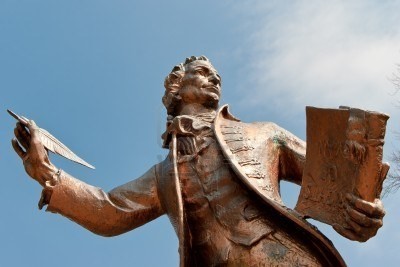
Thomas Paine in 1776 did in 1776 what Thomas Paine in 1774 was incapable of. In an extended treatise called Common Sense, he laid out the logic of why even soft despotism was an unnatural condition for an enlightened time, and why it was a act of common sense to remove oneself from monarchial oversight and govern oneself. The singular change that had transformed this Englishman was his move from Thetford, England to America in 1774. Having placed his very existence at risk to come to America, in a few short months, the profound energy that new found freedom injects turned an English corsetmaker and excise officer into the clarion for a revolution.
In his new book Inventing Freedom, excerpted in the New Criterion, Daniel Hannan reflects on the uniquely ‘Anglo-Saxon’ nature of what we characterize as civilized governance, and how it is under constant attack from within by those purporting to be ‘western’ in their outlook. Hannan, an English member of the European Parliament and Ramparts of Civilization’s #9 on People We Should Know has long been a vocal defender of the hard earned rights of the individual against the ever more burdensome state. From Hannan’s perspective, Paine’s very Englishness positioned him to recognize how individual freedom provides the final crucial patina to English common law and how the American experience offered an improvement, not a rejection of the English tradition of governance. Hannan draws the wonderful quote from Alexis de Tocqueville’s Democracy in America regarding the roots of this evolutionary process:
“The American, is the Englishman left to himself.”
Hannan posits three fundamental features of governance in anglosphere civilization that sets it apart from its other cultural inhabitants of the western world, and is leading to a progressive clash across the western world.
First, the rule of law. The government of the day doesn’t get to set the rules. Those rules exist on a higher plane, and are interpreted by independent magistrates. The law, in other words, is not an instrument of state control, but a mechanism open to any individual seeking redress.
Second, personal liberty: freedom to say what you like, to assemble in any configuration you choose with your fellow citizens, to buy and sell without hindrance, to dispose as you wish of your assets, to work for whom you please and, conversely, to hire and fire as you will.
Third, representative government. Laws should not be passed, nor taxes levied, except by elected legislators who are answerable to the rest of us.
Its no small thing to suggest that the growing trends in both European and American governance are in progressive conflict with this definition of ‘western’ civilization. Hannan attacks the current tendency of each to rule by regulation, not the concept of debate, passage and then living under the law. He is particularly harsh on European bureaucrats that see laws as superficial instruments meant to be observed by the public when it serves the dictate of the state, or ignored by the state when it does not fit the ruling class’s long term goal of progressive state control. He reflects on this as not particularly surprising, given that the tradition of individual freedom and governments as servants of the people is not a long cherished value of the non-English speaking world. For the Frenchman, Spaniard, German, or Russian the history of governance has been more one of top down rule then a reflection of the various peoples. By this argument western civilization is more than a commonality of love of individual expression in art, music, literature, and science.
The current American experience with the recent perversion of time tested principles of anglosphere governance becomes ever more clear when viewed under this particular view of civilizational clash. The Obama administration views the principles of governance laid out by the country’s founders as dated, obstructionist, and faintly racist. The administration is in love with the European bureaucrats’ view of the populous. The citizens of the country are backward and corrupted, self absorbed, and needing to be managed. This leads to laws to govern each individual’s very existence, like Obamacare, with the provisions of the law less important then the power it gives the state to manage. Thus, the components mandated by the law can be arbitrarily delayed when it exposes the government’s failures, enforced when allows the increasing hold over the population. The very passage of the law itself required a tortuous bending of the rules of debate, and once in place, a complete removal of the legislative process from any role in its application. It is the age of the top down bureaucrat and the soft despot like Obama, who suggests that opponents to the ‘law’ are terrorists, extremists, and reactionaries. This is the language of despots, who suggest that the overarching ‘good’ occasioned by their actions takes precedence over any ill placed upon the individual.
Daniel Hannan is another one of those voices who need to be read if our society is to be more than an expression of celebrity, sport, and political horse races. There are hundreds of years of evolved thought under attack in this clash of forces as to who owns our civilization, and we would do well as the defenders of the Ramparts to expand our reading lists to people like Daniel Hannan and measured important venders of ideas like the New Criterion. It will be worth your time and investment.

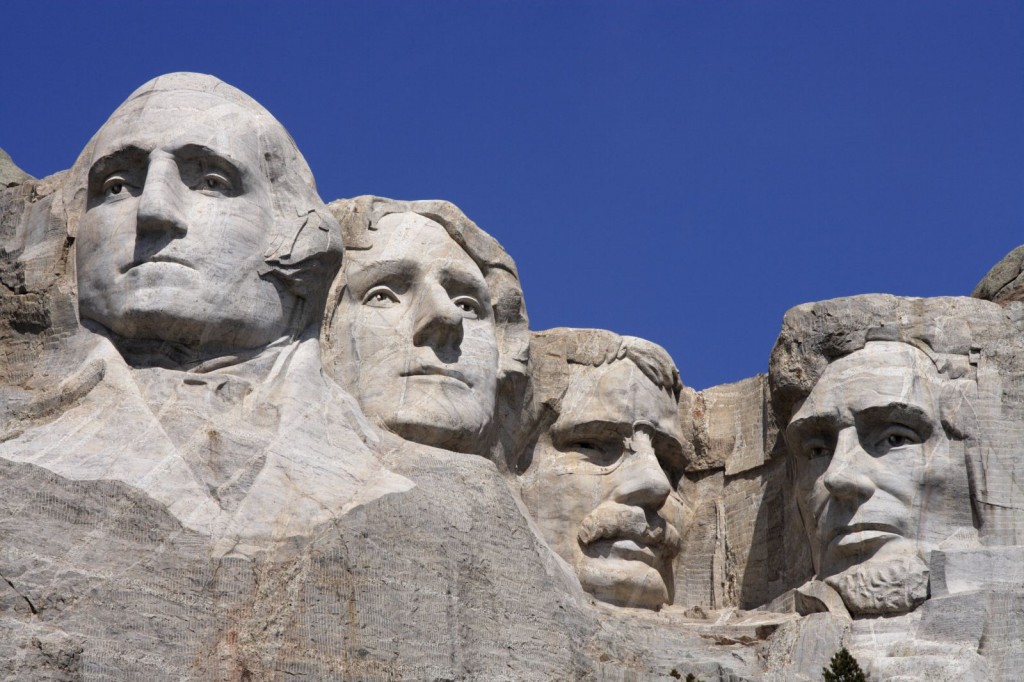

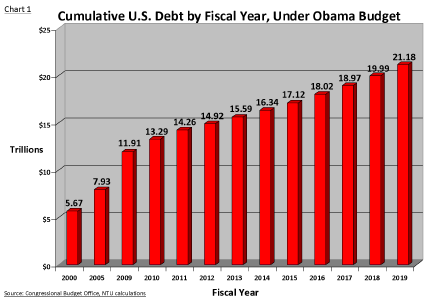

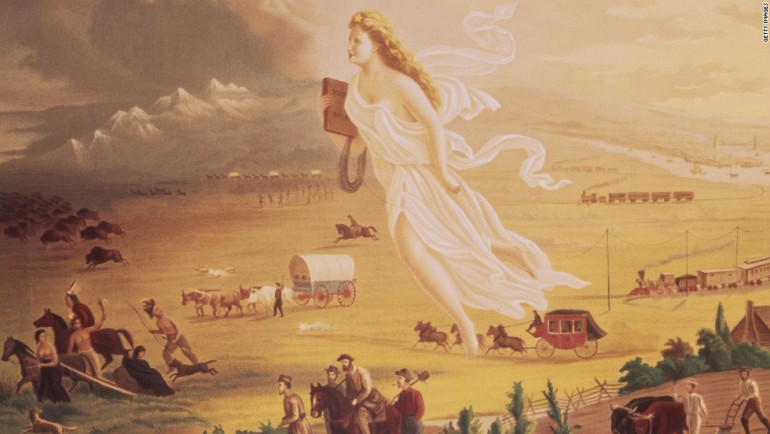






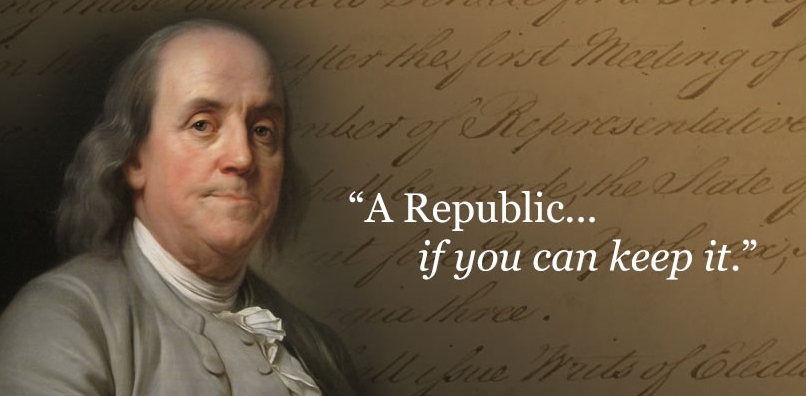


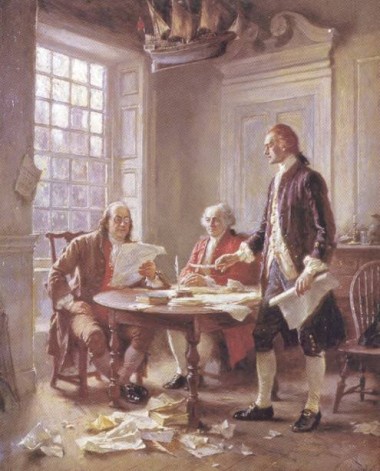
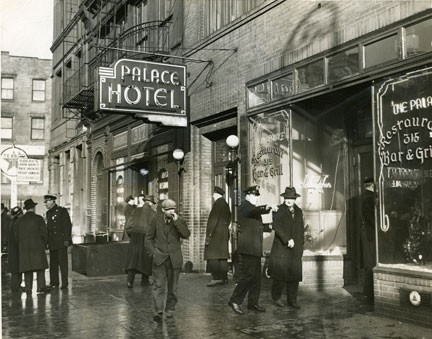
 Good evening. This is Brian Williams NBC News reporting your world of May 25, 2005. Tonight, all signs point to a Presidency in crisis and the whispers of impeachment are in the air, as the Bush administration has been rocked on its heels with a series of scandals that threaten its very existence.
Good evening. This is Brian Williams NBC News reporting your world of May 25, 2005. Tonight, all signs point to a Presidency in crisis and the whispers of impeachment are in the air, as the Bush administration has been rocked on its heels with a series of scandals that threaten its very existence.